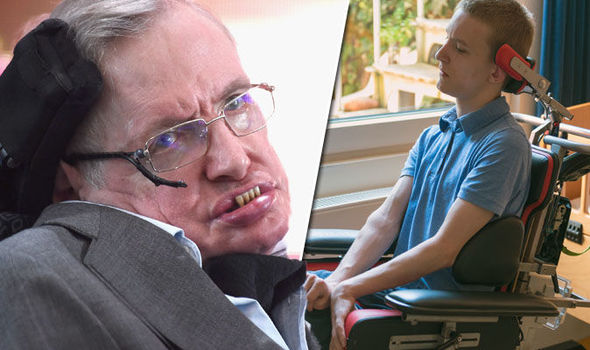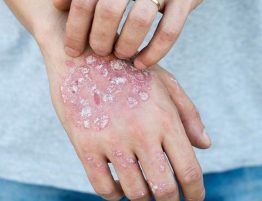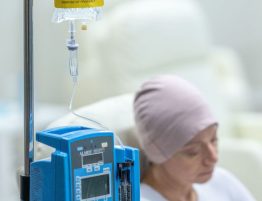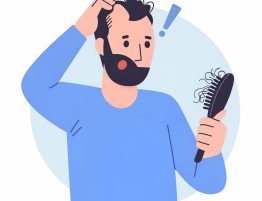
Motor neuron disease (MND) is an uncommon condition that affects the brain and nerves. It is a neurodegenerative disease that causes rapidly progressive muscle weakness. Specifically, the disease affects nerve cells (motor neurons) that control the muscles that enable a person to move, speak, breathe and swallow.
MND is also known as Amyotrophic Lateral Sclerosis (ALS) or Lou Gehrig’s disease.
Types
There are several types of MND. Doctors classify them according to whether they are hereditary or not, and which neurons they affect.
ALS, or Lou Gehrig’s Disease – the most common type, affecting both the upper and lower motor neurons (neurons in the brain and spinal cord). It affects the muscles of the arms, legs, mouth, and respiratory system. A person with ALS will live, on average, another 3-5 years, but, with supportive care, some people live 10 years or more.
Primary Lateral Sclerosis – affects the neurons in the brain. It is a rare form of MND that advances more slowly than ALS. it is not fatal, but it can affect a person’s quality of life.
Progressive Bulbar Palsy (PBP) – involves the brain stem. People with ALS often have PBP too. The condition causes frequent choking spells, difficulty speaking, eating, and swallowing.
Progressive Muscular Atrophy (SMA) – a rare condition that affects the lower motor neurons in the spinal cord. It causes slow but progressive muscle wasting, especially in the arms, legs and mouth.
Spinal Muscular Atrophy (SMA) – an inherited MND that affects children. There are three types, all caused by a genetic change known as SMA1. it tends to affect the trunk, legs, and arms.
Symptoms
The symptoms of motor neuron disease begin gradually over weeks and months, usually on one side of the body initially, and get progressively worse.
Common early symptoms include:
- A weakened grip, which can cause difficulty picking up or holding objects
- Weakness at the shoulder that makes lifting the arm difficult
- A “foot drop” caused be weak ankle muscles
- Dragging of the leg
- Slurred speech (dysarthria)
- Clumsiness and stumbling
- Difficulty swallowing
- Trouble breathing or shortness of breath
As the condition progresses, the early symptoms remain and become more severe.
People may also experience:
- Muscle shrinkage
- Difficulty moving
- Joint pain
- Drooling due to problems with swallowing
- Uncontrollable yawning, which can lead to jaw pain
- Changes in personality and emotional state
- Difficulty breathing
Diagnosis
Doctors often find it difficult to diagnose MND in the early stages as it can resemble other conditions, such as multiple sclerosis (MS).
If a doctor suspects someone has MND, they will refer them to a neurologist, who will take a medical history, do a thorough examination, and may suggest other tests, such as:
- Blood and urine tests
- MRI Brain Scan
- Electromyography (EMG) and Nerve Conduction Study (NCS)
- Spinal Tap, or Lumbar Puncture
- Muscle Biopsy
Treatment
There is no cure for MND, but treatment may slow progression and maximize the individual’s independence and comfort. Techniques include the use of supportive devices and physical therapy.
The choice of treatment depends on factors such as:
- The type of MND a person has
- The type and severity of symptoms
- Personal choice
- Availability and affordability of drugs
Slowing Disease Progression – drugs appear to be effective at slowing the progress of some types of MND. FDA has approved Radicava (Edaravone) for the treatment of ALS and Spinraza and Zolgensma to SMA.
Muscle Cramps and Stiffness – Medications, such as botulinum toxin (Botox) injections. Botox blocks the signals from the brain to the stiff muscles for about 3 months.
Pain Relief – A non-steroidal anti-inflammatory drug (NSAID), such as ibuprofen, will help with mild to moderate pain from muscle cramping as spasms.
What We Offer
We at Almurshidi Medical Tourism will find the best doctors to cater to your needs. We are partnered with a wide network of hospitals and clinics that provide top quality medical experience.
We provide free medical estimates, make medical appointments, and provide several medical opinions if needed at no cost.
Contact Us
For more information contact us at +66822004040 or via WhatsApp







